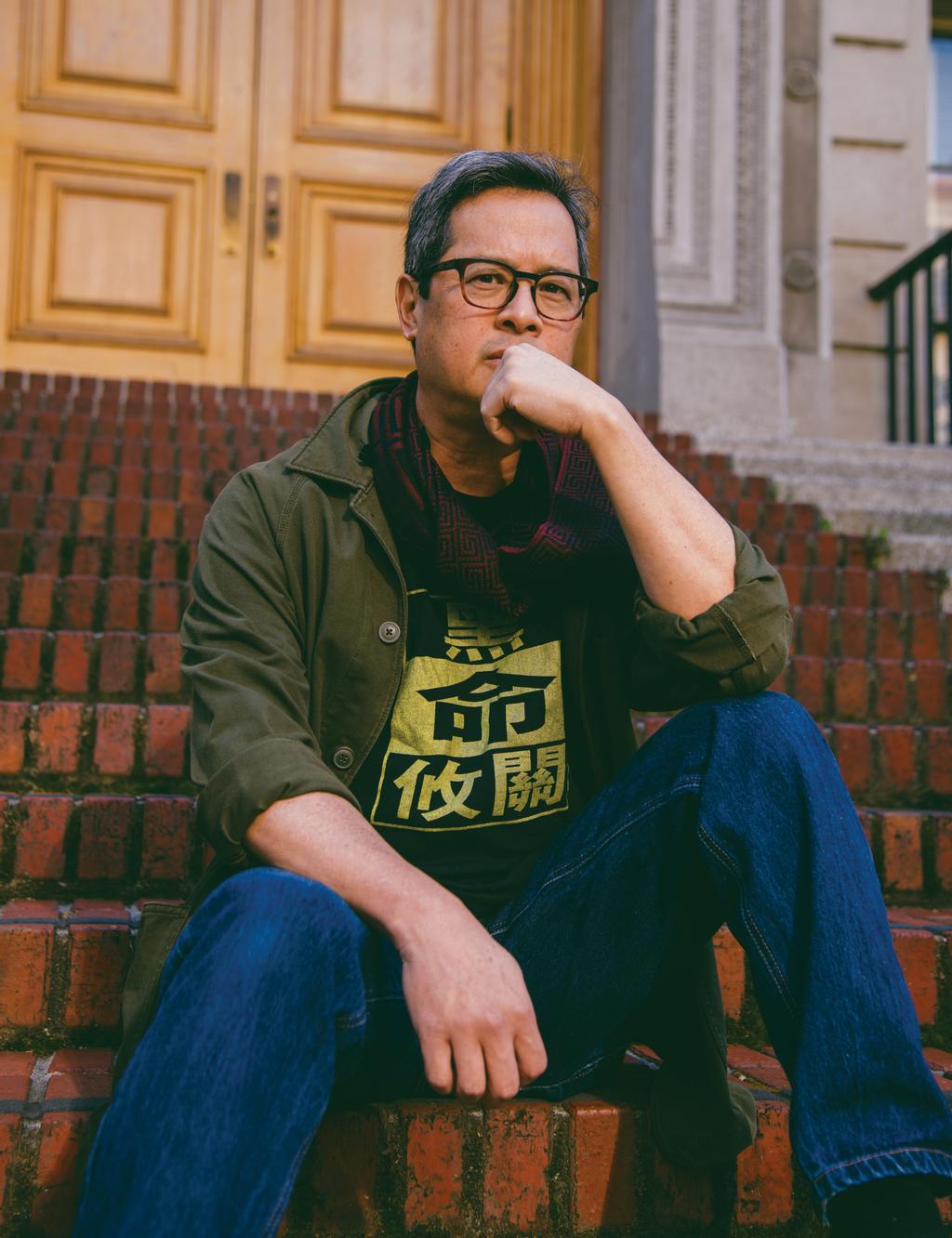
In November, Scribner will publish the 50th-anniversary edition of my novel Mumbo Jumbo. My book features a force, which I dub Jes Grew, the phrase borrowed from author James Weldon Johnson. He describes some Black musical forms as having sprung up and gone viral. Jazz and rock and roll are easy examples of forms that took off and became infectious.
Yet there is also something so attractive about Black musical forms that outsiders jeopardize their safety to be in proximity to their life-affirming substance and freedom. Louis Armstrong noted the travelers who risked their lives by coming from behind the then–Iron Curtain to attend his concerts in West Berlin. Nam June Paik, the late video artist, said that rock and roll was one of our country’s most important exports. More recently, the impact of hip-hop on the world has been many times greater than that of film, sports, or fashion. Hip-hop has brought joy and a means of expression to youth the world over, but it also has a nasty side, one that springs from its history and has led to murder and other forms of criminal activity.
In structure and content, the early “toasts” are the ancestor of hip-hop. My study of Yoruba, the language that most Africans spoke when they arrived in North America, indicates a West African connection. No scholar has found why toasts are called toasts. The most famous of the early ones was “The Signifying Monkey,” in which a monkey eggs on